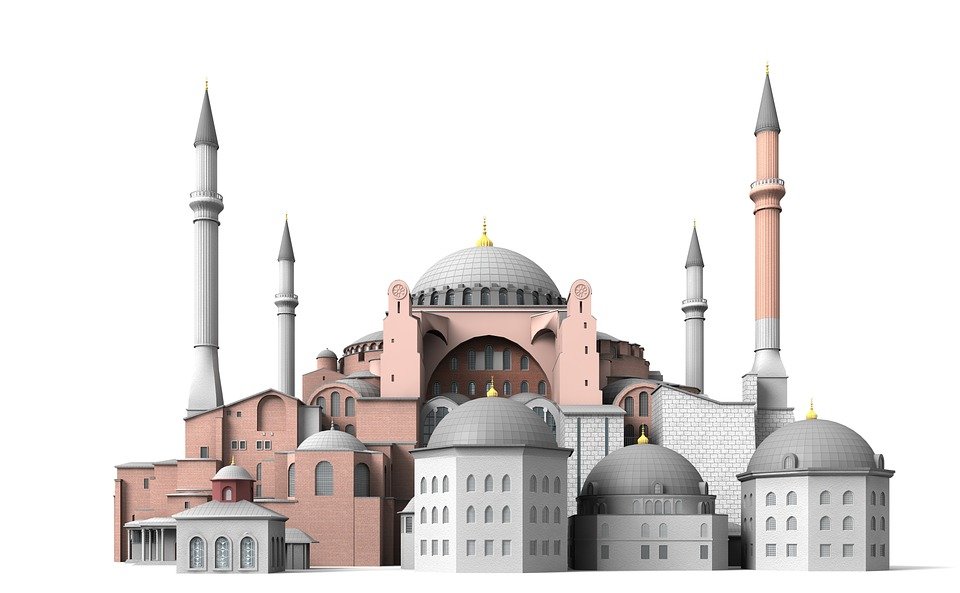Islam in Bangladesh (ii).
The individuals from the ulama incorporate maulvis, imams (see Glossary), and mullahs. The initial two titles are agreed to the individuals who have gotten extraordinary preparing in Islamic philosophy and law. A maulvi has sought after higher investigations in a madrasa, a school of religious instruction connected to a mosque (see Religious Education, this ch.). Extra examination on the graduate level prompts the title maulana.
Villagers approach the mullah for supplications, counsel on focuses ofreligious practice, and execution of marriage and burial service functions. All the more frequently they come to him for an assortment ofservices a long way from the domain oforthodox Islam. The mullah might be a hotspot for special necklaces, charms, and charms for the curing of everything from snakebite to sexual weakness. These articles are additionally implied to give insurance from abhorrent spirits and bring favorable luck. Numerous villagers have understood confidence in such remedies for ailment and seem to profit by them. A few mullahs determine a noteworthy part of their wage from offers of such things.
In Bangladesh, where an adjusted Anglo-Indian common and criminallegal framework works, there are no official sharia courts (see Judiciary, ch. 4). Most Muslim relational unions, nonetheless, are directed by the qazi, a conventional Muslim judge whose counsel is additionally looked for on issues of individual law, for example, legacy, separate, and the organization of religious blessings (waqfs).

In the late 1980s, the ulama ofBangladesh still apparent their capacity as that ofteaching and preservi.ng the Islamic route oflife despite outside difficulties, particularly from current sociopolitical thoughts in view of Christianity or socialism. Any exertion at modernization was seen as a danger to center religious qualities and foundations; in this manner, the ulama as a class was against any bargain in issues of sharia. Numerous individuals from the ulama supported the foundation of an Islamic religious government in Bangladesh and were profoundly engaged with political activism through a few political gatherings. Most individuals from the ulama were additionally occupied with carrying on the tabliqh (lecturing development), an exertion that spotlights on the genuine sociopolitical goals ofIslam and unequivocally disposes of all un-Islamic gradual additions. Tabliqh pulled in numerous school and college graduates, who found the development candidly satisfying and a down to earth approach to manage Bangladesh's endemic sociopolitical disquietude.
